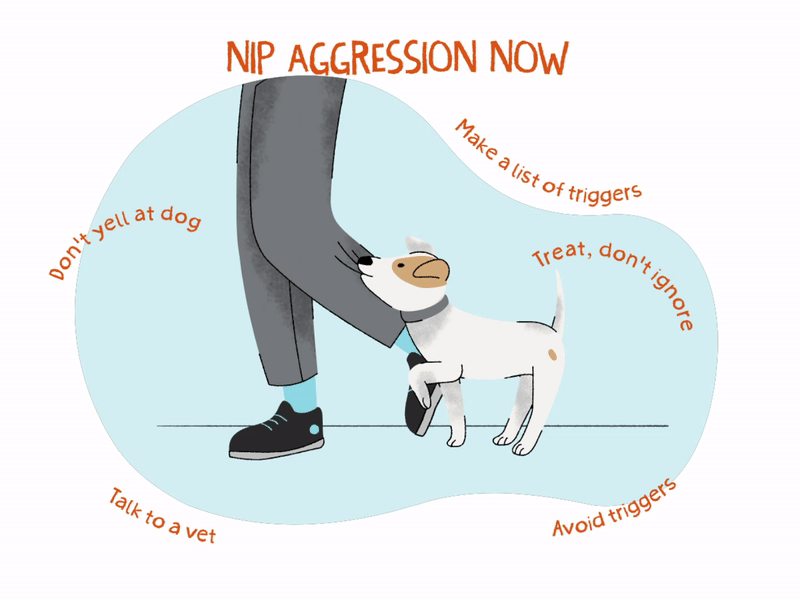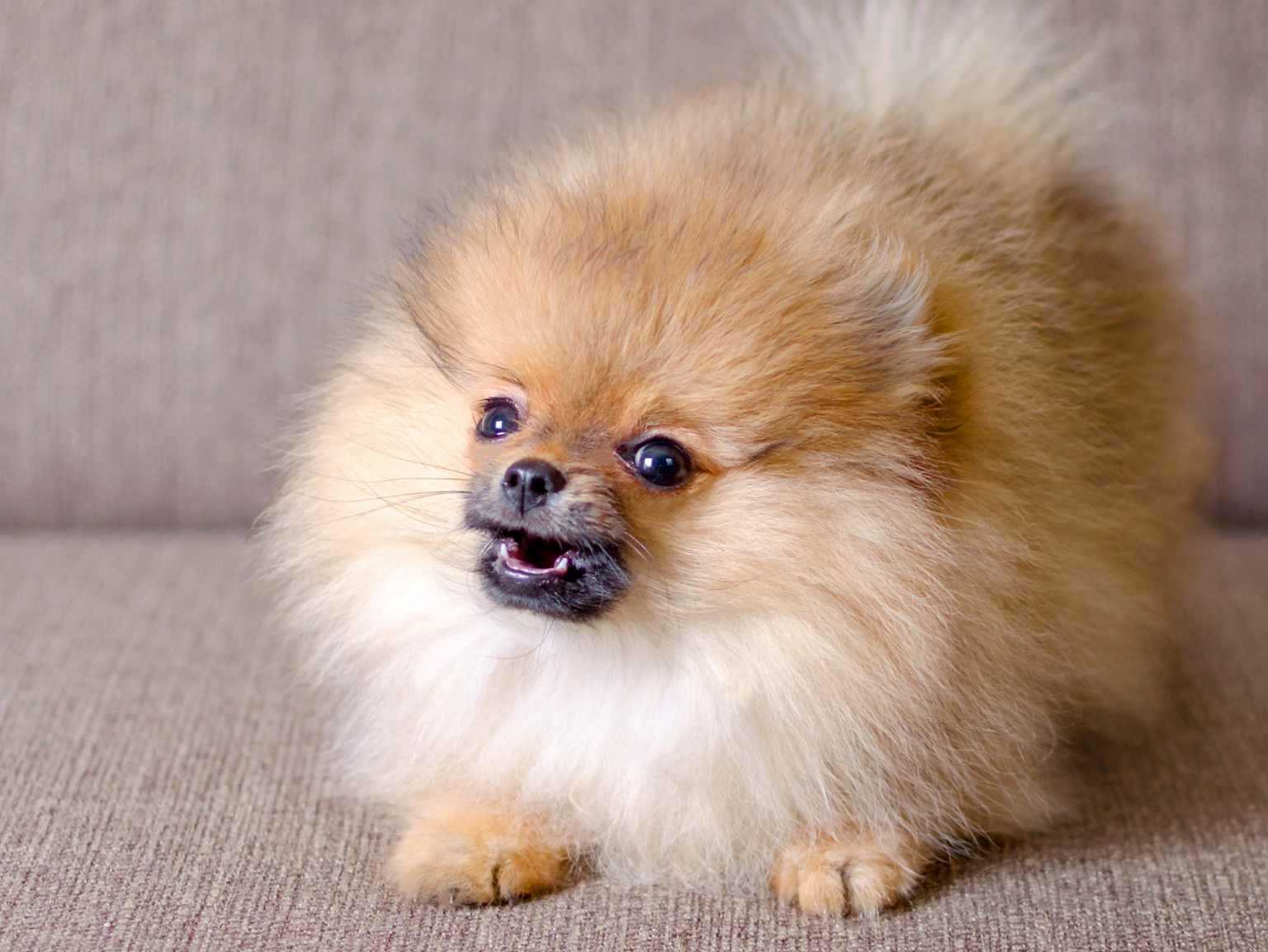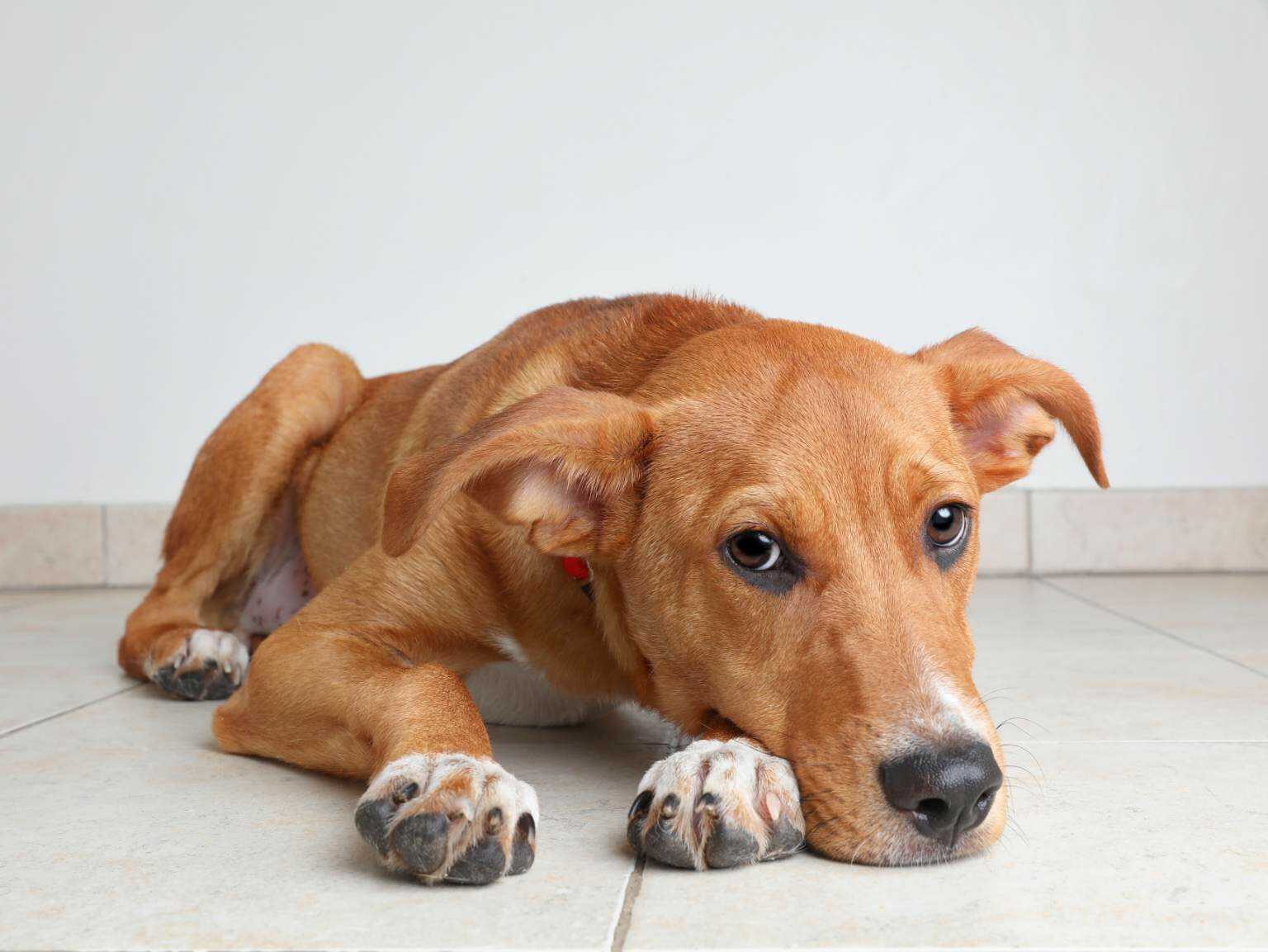play nice: how to deal with puppy aggression
Teach your puppy good dog behavior with positive reinforcement
Aggression that starts small — a nip here, a show of teeth there — can get more serious and more difficult to treat as your pup gets older and larger. You don’t want aggressive behavior to become ingrained. Here’s how you can help your wee doggo learn what you expect as good behavior.

Warning signs of aggression in your puppy
Aggression is a threatening or harmful action toward someone or something else (like your favorite pair of shoes, for example). While biting can cause actual harm, aggressive behavior includes aggressive barking, snarling, growling, and snapping, even without physical contact.
Note that plain old puppy chewing isn’t aggressive in itself, but you still want to teach them when it’s OK to use their teeth and when it isn’t. See more about puppy nipping
A dog doesn’t have to actually bite anyone to be considered aggressive.
What causes behavior problems like acting aggressive?
Maybe your puppyBFF acts one way toward you, and in an aggressive way toward others. In these situations, your pup may think they’re under threat — from new people, new touching, even a new presence close to their food (after all, no one wants their food taken). Other causes can include a stressful living environment, needing more exercise or socialization, genetics, and misreading the situation or your expectations.


Aggression can also be a sign of a physical or medical issue that needs attention from your veterinary team, which is why it’s always worth discussing aggression with your vet. The sooner you address aggressive behavior, the better for everyone.
What can I do to help my puppy stop being aggressive?
Managing your pup’s aggressive behavior means working with your pup. Once you know what sets them off, you can work on a proactive strategy to make that trigger less upsetting. The basic steps include:
- Know your pup’s triggers for aggression
- Avoid these triggers whenever possible
- Do not physically or verbally challenge your pup when they become aggressive
- Do not assume aggression is an isolated experience
How Banfield can help
Talk to your veterinary team if your pup is aggressive. We can help you rule out or treat health conditions that may be causing your pup’s snappy responses. We may also be able to refer you to more resources, like animal behavioralists, who can work with you on a positive training regimen for your pet.
 Mites and mange
Mites and mange Podcast - Not Just Fluff
Podcast - Not Just Fluff
